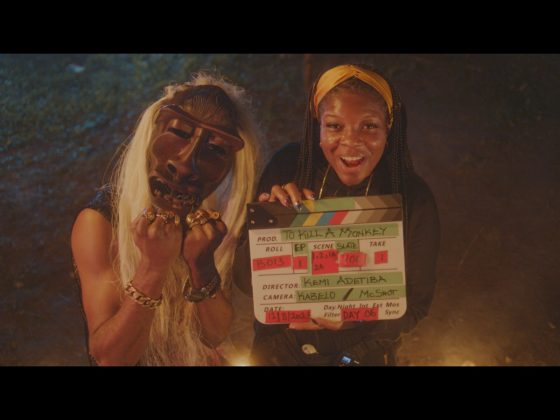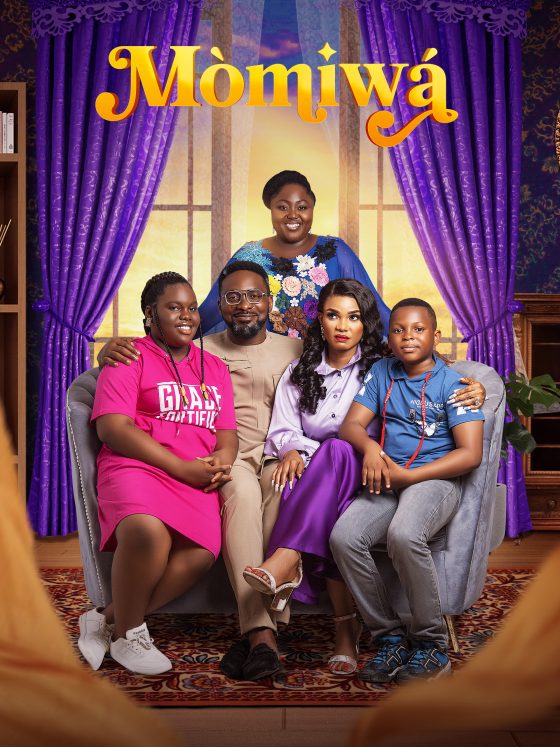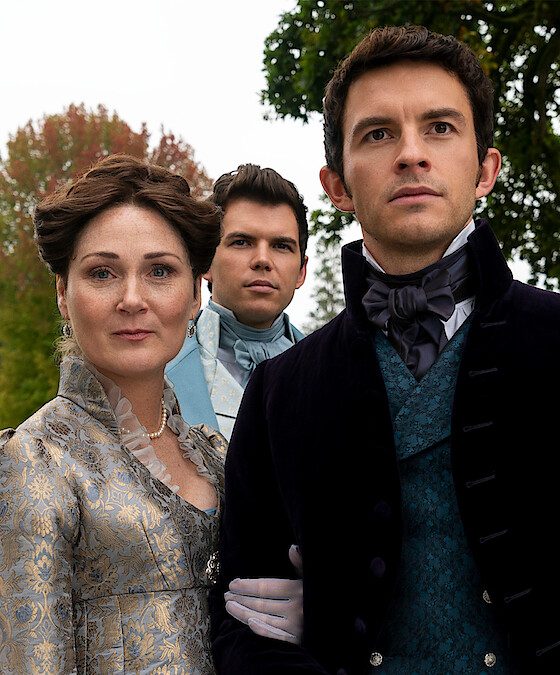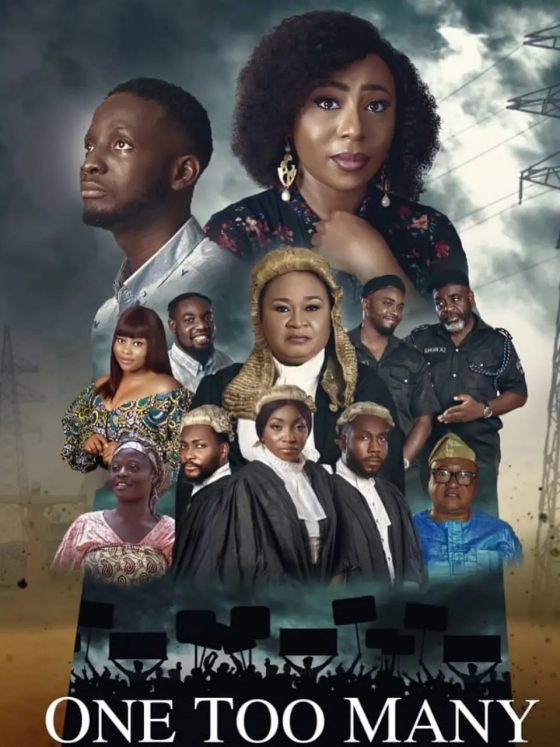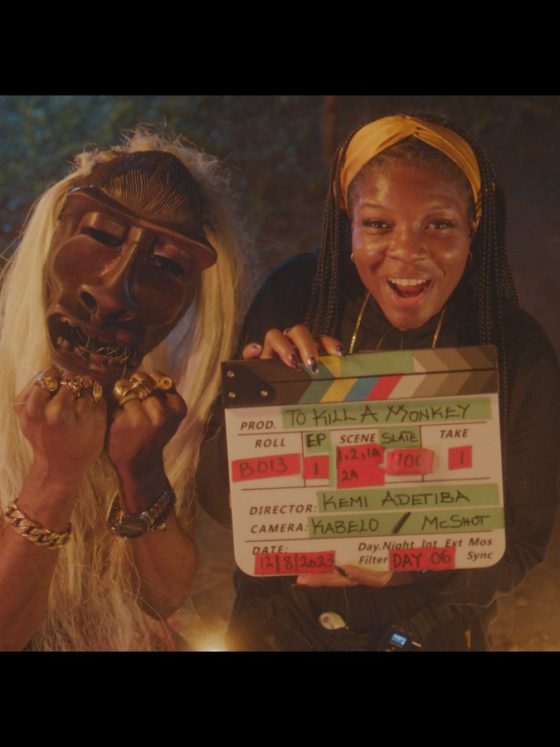It’s no longer news that Nigeria’s film industry is the fastest-growing globally. In ten years, the industry leapt from small-budget to big-budget productions, commanding financing from private sector individuals, banks, and venture capitalists. One name that has been consistent throughout this journey is Moses Babatope, a film executive with industry-wide clout and more than a decade’s experience in the international and West African cinema business.
A co-founder at FilmHouse Group and the Managing Director of FilmOne Entertainment, Mr Babatope has seen Nollywood’s highs, lows, and pivots, counting the pandemic as one major ordeal that threatened to obliterate cinema for good. This all changed with the outstanding success of films like Black Panther: Wakanda Forever, which saw the first 1 billion naira in ticket sales for a single title. Several other impressive showings by homegrown movies mean the cinema business continues to breathe, providing a livelihood for tens of thousands of people along the value chain.
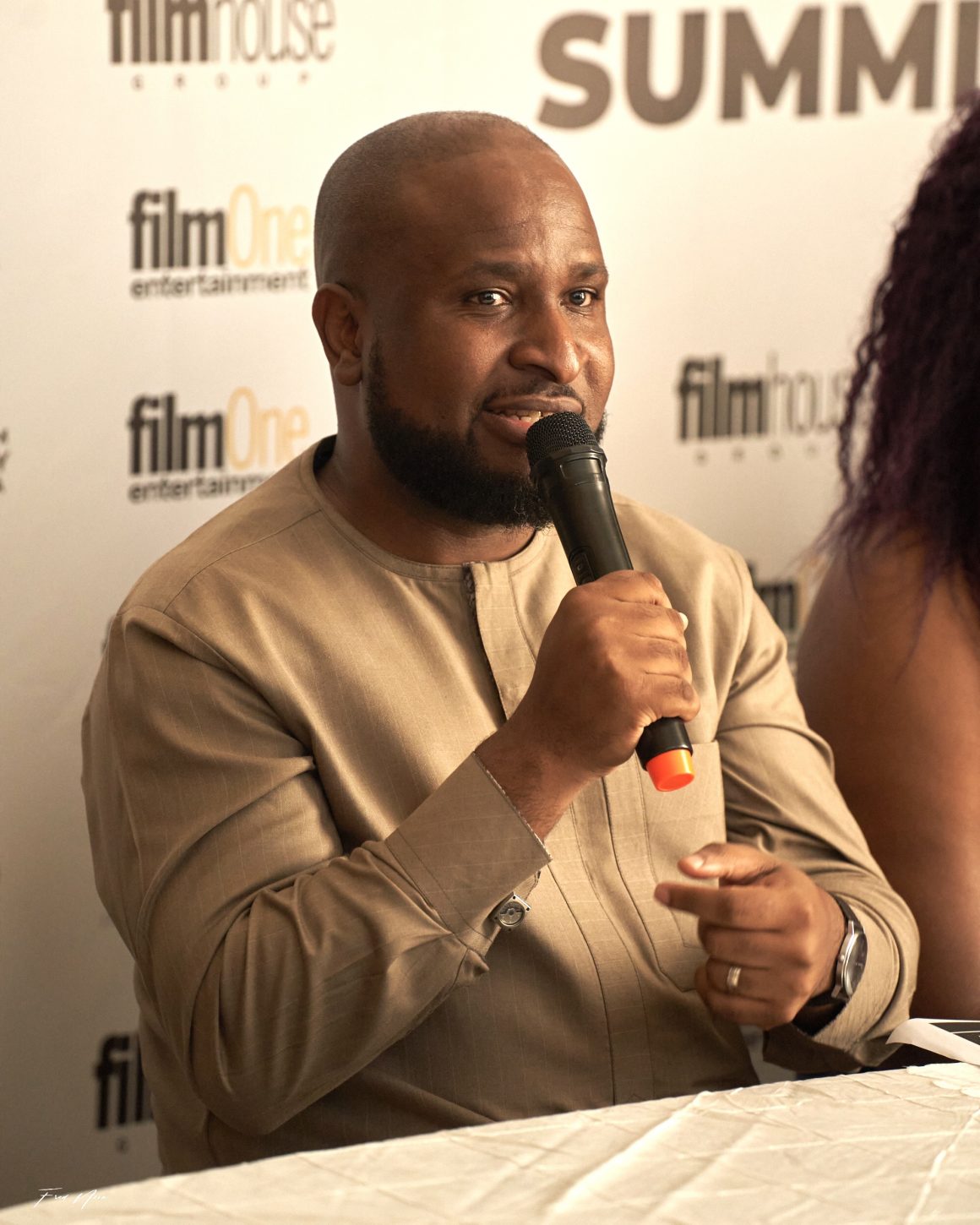
If people assumed that the billion-naira Wakanda film was a fluke, Funke Akindele’s “A Tribe Called Judah,” distributed by Babatope’s FilmOne, is sure to quiet the naysayers. Mere hours after the record was broken, he was on a live business show, heartily defending the numbers and showing that the unprecedented December cinema figures were indeed accurate, having been authenticated by CinemaScore and the Exhibitors Association. It all points to one thing: Nigerians are increasingly embracing their own stories and will spend their disposable income on local content in the cinema if they think it’s worth it. Ms. Akindele’s outsized online presence does help in no small way. With more than 30 million followers across platforms, she was simply impossible to ignore, taking the front seat in the promotion of this film, like her life depended on it.
Babatope is quick to point out that we should not lose sight of other Nollywood titles doing impressive numbers at the cinema. “Toyin Abraham’s ‘Malaika’ made 205 million naira in two weeks,” he says. “There was a time, not too long ago, when even our biggest international titles were not hitting those numbers within that time frame.” Records show that the past blockbusters averaged 20 million to 30 million naira a week. Even Wakanda Forever took eight weeks to hit 1 billion naira, a record that Funke Akindele’s film broke in three. Other Nigerian titles at the cinema continue to hold their own, with “Ada Omo Daddy” and the critically acclaimed “Afamefuna” commanding impressive numbers in tickets.

A clearly enthusiastic Babatope is bullish about the industry. “I believe that Nollywood has entered its golden era,” he says. “We can only go higher from here and break even more records.” The achievements of the past year signal a shift in Nigerians’ taste for foreign films and prove the potential for big bucks extends beyond Hollywood imports. It is little wonder why the Nigerian government wants to share in these successes, pledging billions in funding and institutional support. Babatope’s conviction is clear: young Nigerian filmmakers are about to make record-breaking a “routine thing,” and he wants to be at the forefront, helping to make it happen.
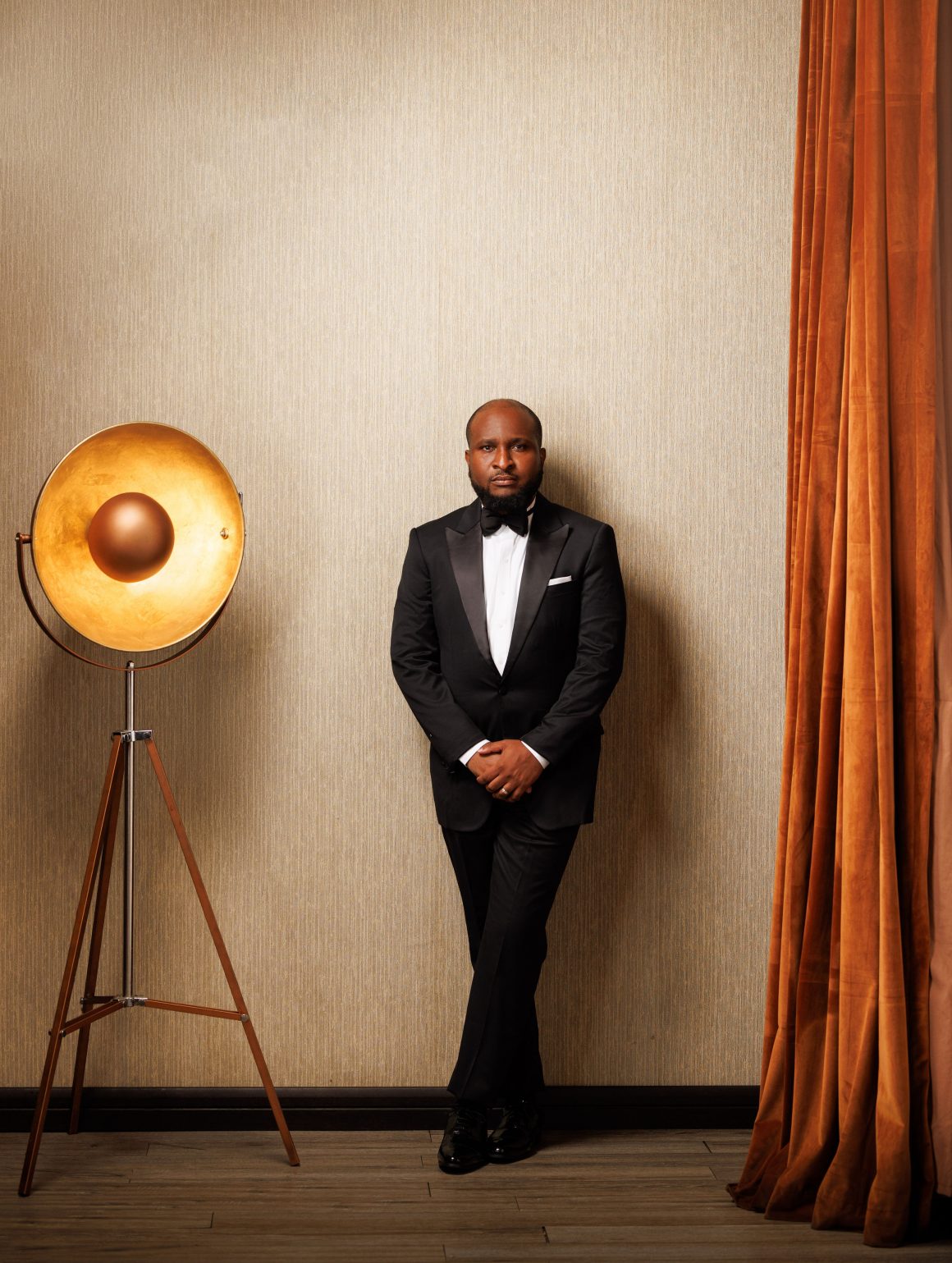
Nollywood Box Office by the Numbers.
Here are the top-grossing Nigerian films in local cinemas, showcasing the financial success achieved within the English-speaking West African market. The reported revenues exclude income from online streaming and theatrical showings outside West Africa.
A Tribe Called Judah (2023): ₦1,171,923,6822
Battle on Buka Street (2023): ₦668,423,056
Omo Ghetto: The Saga (2020): ₦636,129,120
The Wedding Party (2016): ₦452,288,605
The Wedding Party 2 (2017): ₦433,197,377
Chief Daddy (2018): ₦387,540,749
Brotherhood (2022): ₦328,881,120
King of Thieves (2022): ₦320,805,150
Sugar Rush (2019): ₦287,053,270
Ijakumo (2022): ₦278,496,384
Source: CEAN Website



